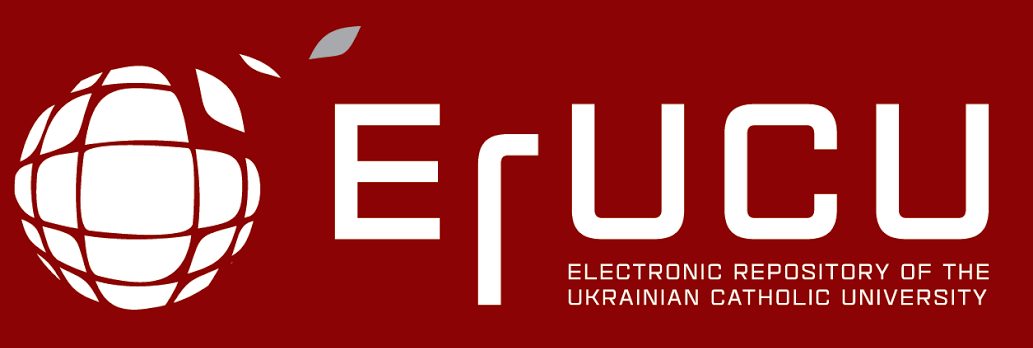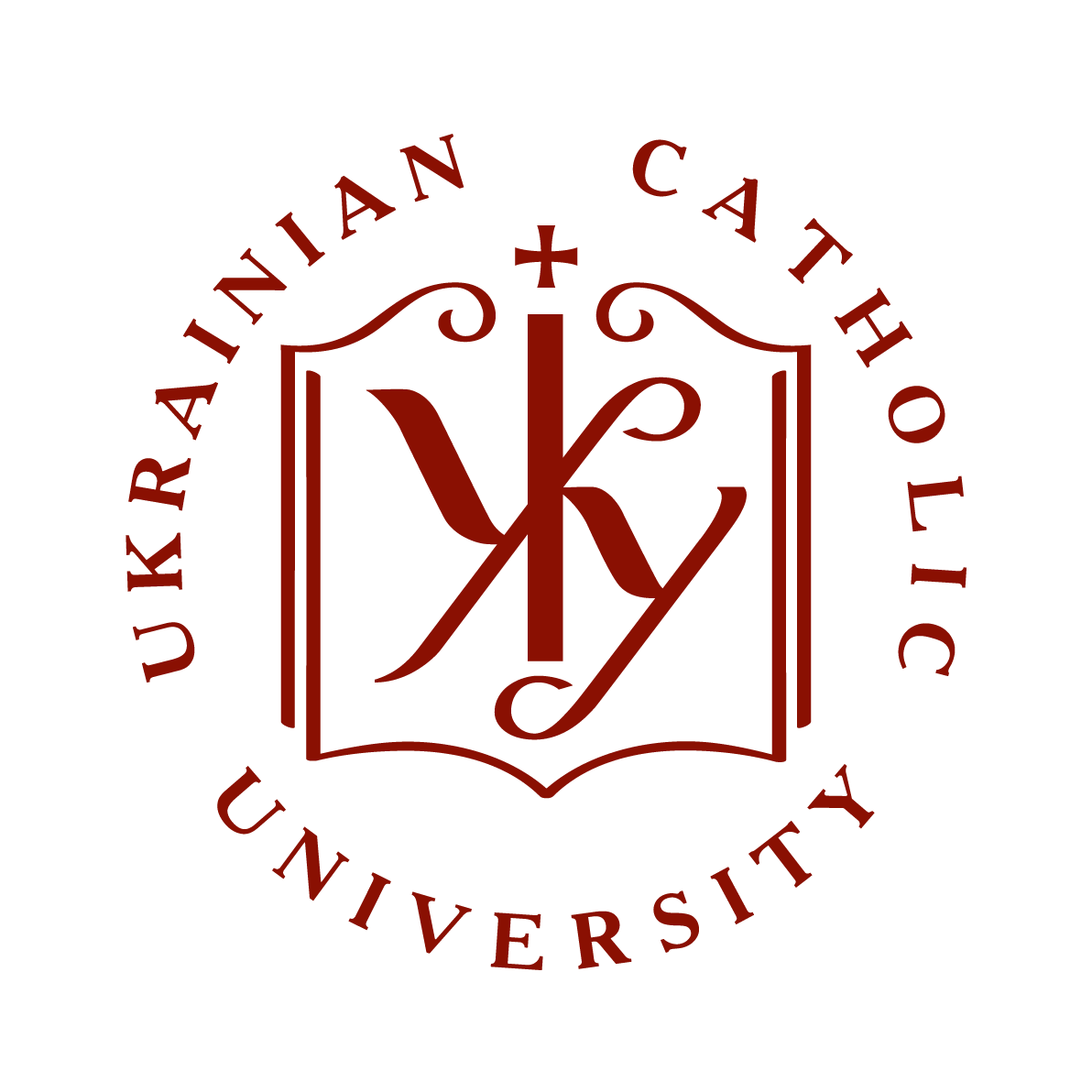Сценарії JavaScript вимкнено для Вашого браузера. Деякі функції цього сайту не будуть працювати без них.
| dc.contributor.author | Van Lith, Theresa
|
|
| dc.contributor.author | Bullock, Lindsay
|
|
| dc.contributor.author | Horbal, Iryna
|
|
| dc.contributor.author | Lvov, Alexander
|
|
| dc.date.accessioned | 2019-08-22T10:39:40Z | |
| dc.date.available | 2019-08-22T10:39:40Z | |
| dc.date.issued | 2017-05-17 | |
| dc.identifier.citation | Van Lith T., Bullock L., Horbal I., & Lvov A. (2017) A brief evaluation to identify level of satisfaction of art therapy with undergraduate Ukrainian students. International Journal for the Advancement of Counselling, 39, 282-294. doi: 10.1007/s10447-017-9297-8 | uk |
| dc.identifier.uri | http://er.ucu.edu.ua/handle/1/1565 | |
| dc.description.abstract | A particular political and social mindset toward mental health support has impacted how and why people seek counseling and therapy in Ukraine. Although a relatively small and developing field, art therapy is beginning to provide a means for assisting cultural and identity development for young adult Ukrainians during a time of civil and political unrest. Cross culturally, art therapy has been found to assist young people in developing a healthy self-concept by providing them with a realistic and less defensive view of themselves and their environment. This paper evaluates the development of art therapy in Ukraine, and examines the practice of art therapy with undergraduate Ukrainian students. First, it details findings from a questionnaire with university students to determine their perception of art therapy. Analysis of these findings resulted in identifying their level of satisfaction toward art therapy, and common reasons why art therapy was sought. Second, the article provides a brief vignette to demonstrate how art therapy was used with undergraduate university students to assist with processing negative memories associated with living under the Soviet era. Finally, the article concludes with a discussion about how to tailor art therapy so that instead of being perceived as a cure it promotes self-care, thereby helping overcome the stigma associated with seeking therapeutic services. | uk |
| dc.language.iso | en | uk |
| dc.publisher | Springer | uk |
| dc.subject | Art therapy | uk |
| dc.subject | Counseling | uk |
| dc.subject | Ukraine | uk |
| dc.subject | University students | uk |
| dc.subject | Cultural identity | uk |
| dc.subject | Research Subject Categories::SOCIAL SCIENCES::Social sciences::Psychology::Applied psychology | uk |
| dc.title | A Brief Evaluation to Identify Level of Satisfaction of Art Therapy with Undergraduate Ukrainian Students | uk |
| dc.type | Article | uk |
| dc.status | Публікується вперше | uk |
| dc.identifier.doi | 10.1007/s10447-017-9297-8 | |
| dc.description.abstracten | A particular political and social mindset toward mental health support has impacted how and why people seek counseling and therapy in Ukraine. Although a relatively small and developing field, art therapy is beginning to provide a means for assisting cultural and identity development for young adult Ukrainians during a time of civil and political unrest. Cross culturally, art therapy has been found to assist young people in developing a healthy self-concept by providing them with a realistic and less defensive view of themselves and their environment. This paper evaluates the development of art therapy in Ukraine, and examines the practice of art therapy with undergraduate Ukrainian students. First, it details findings from a questionnaire with university students to determine their perception of art therapy. Analysis of these findings resulted in identifying their level of satisfaction toward art therapy, and common reasons why art therapy was sought. Second, the article provides a brief vignette to demonstrate how art therapy was used with undergraduate university students to assist with processing negative memories associated with living under the Soviet era. Finally, the article concludes with a discussion about how to tailor art therapy so that instead of being perceived as a cure it promotes self-care, thereby helping overcome the stigma associated with seeking therapeutic services. | uk |
| dc.relation.source | International Journal for the Advancement of Counselling | uk |
Files in this item
This item appears in the following Collection(s)
-
Статті [97]
Articles


